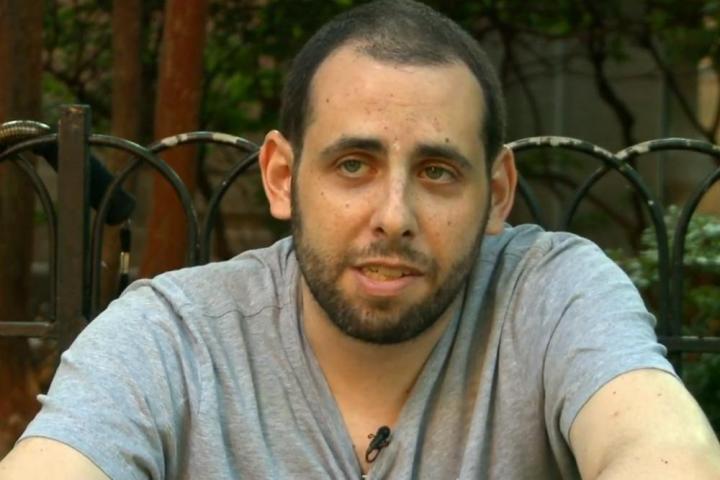
Better known by his @evleaks Twitter name, it was Blass’s accuracy that secured his reputation. While many other leakers prove hit-and-miss with details obtained from “reliable” sources, Blass emerged as someone you could bank on more than most.
At the start of August, however, the Philadelphia resident surprised many when he suddenly announced he was done with spilling the beans on tech goods, deciding it was time to explore other interests.
BBC tech show Click recently managed to secure an interview with Blass, a man who until recently had been too busy tweeting to appear on camera. Broadcast over the weekend, the retired leaker talks about how he used to operate, and is shown at his workstation where he apparently sits “for up to 22 hours a day.”
‘Controlled’ leaks
Not surprisingly, Blass declined to name any of his sources, or explain exactly how he managed to hit the target so many times. He did, however, reveal how phone makers on several occasions discreetly passed handset-related information his way in the hope of scoring some extra publicity.
“Companies will say they’re never happy with leaks but that’s just not true,” he told the BBC. “I’ve gotten controlled leaks, and that’s why, if a phone manufacturer tells you they hate leaks….they’re not being truthful because more than one – more than two – have given me material to leak.”
All good things must come to an end. Thank you for an amazing two years. [RETIREMENT]
— Evan Blass (@evleaks) August 3, 2014
Blass also highlighted how his leaks of LG’s G3 device helped to create a buzz around the Korean tech company’s handset, “so instead of getting four or five news cycles that they might have gotten around the launch and release of the phone, they got 20 news cycles.”
Related: LG G3 review
Despite claiming to have exited the leaking business, and telling the BBC he “wouldn’t even consider doing a leak now,” Blass in recent days couldn’t resist posting just one more. Describing it as “a retirement gift” to his 186k+ Twitter followers, Blass posted images of the Moto X+1 ahead of its much-anticipated September 4 launch event.
Dealing with multiple sclerosis as well as bouts of insomnia, Blass said that he’s been “sleeping a little better” since packing in @evleaks.
The BBC’s interview, together with a piece on the leaks Blass is most proud of, can be found here.
[Source: BBC]


